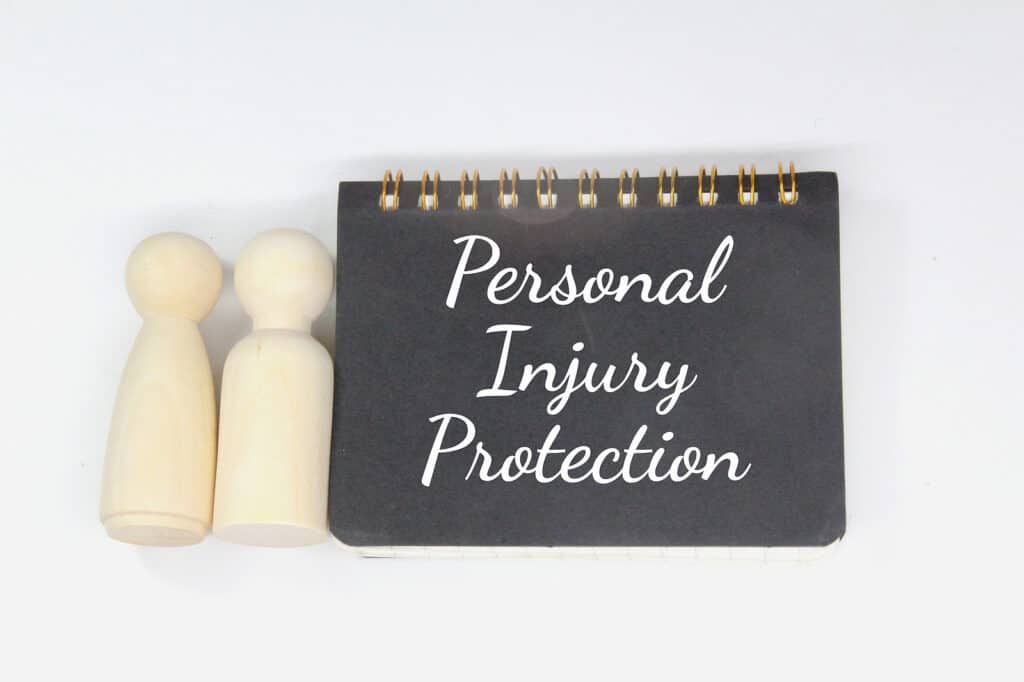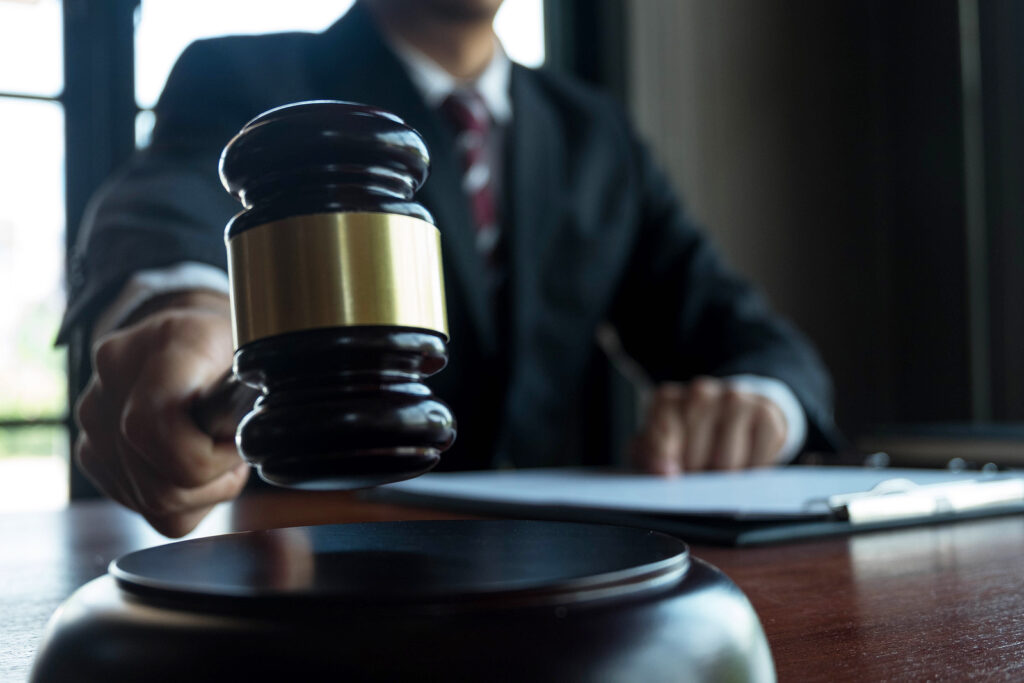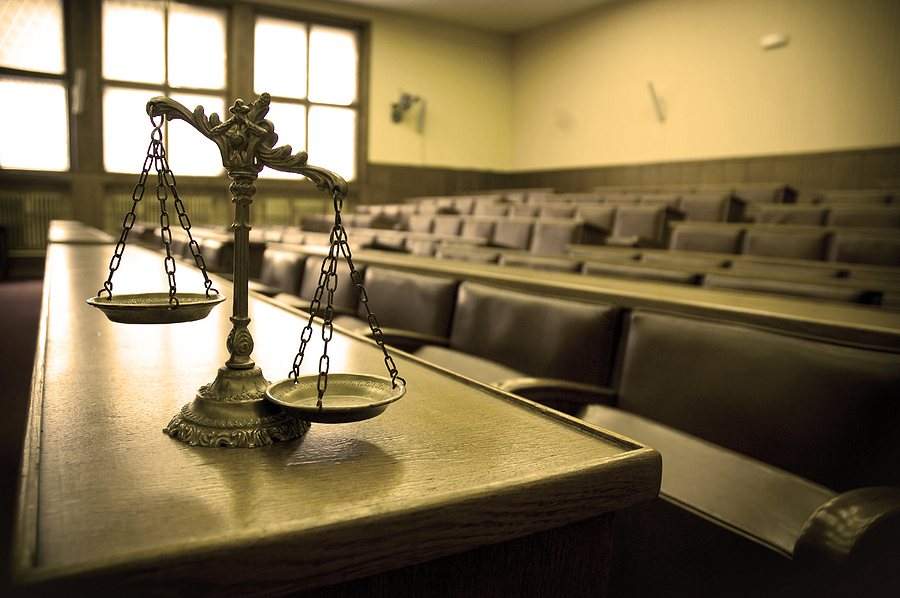Legal Rights and Defenses for Accused in High-Stakes Gun Crime Cases
Gun crime charges are some of the most serious allegations in the legal system, carrying severe penalties such as lengthy prison sentences, hefty fines, and the loss of firearm privileges. These high-stakes cases often involve allegations of illegal possession, use of a firearm during a crime, or trafficking.
When facing such charges, understanding your legal rights and available defenses can be the difference between a conviction and protecting your freedom.
This guide explores how to navigate gun crime charges, secure a strong defense, and assert your rights throughout the legal process.
Your Legal Rights in Gun Crime Cases
The U.S. Constitution guarantees specific rights to individuals accused of any crime, including gun-related offenses. Knowing and exercising these rights is essential:
- The Right to Remain Silent: You are not required to answer law enforcement’s questions without a criminal defense attorney. Silence can prevent accidental self-incrimination.
- The Right to an Attorney: You have the right to legal representation, whether privately hired or provided by the court. An attorney is critical in building a strong defense.
- The Right to Due Process: The prosecution must prove every element of the charge beyond a reasonable doubt.
- The Right to Challenge Evidence: You can dispute evidence collected against you, especially if your rights were violated during a search or arrest.
Understanding these rights is a critical foundation for your defense strategy.
Common High-Stakes Gun Crime Charges
High-stakes gun crime cases often involve serious allegations that carry severe consequences. Some of the most common charges include:
- Illegal Possession: Possessing a firearm without the required license or permit, or by a person prohibited from owning a firearm, such as a convicted felon.
- Using a Firearm During a Crime: Brandishing or using a firearm during the commission of another offense, such as robbery or assault, can result in enhanced penalties.
- Gun Trafficking: The illegal sale, transfer, or transportation of firearms across state or national borders.
- Unlawful Discharge: Firing a weapon recklessly or in an area where it endangers public safety.
- Possession of Modified Firearms: Owning or using firearms altered to enhance lethality, such as automatic weapons or sawed-off shotguns.
Each charge has specific elements the prosecution must prove, which creates opportunities for a tailored defense.
Defenses Against Gun Crime Charges
A solid defense is essential when facing gun crime allegations. Your attorney will examine the specifics of your case to determine the best strategy. Common defenses include:
- Illegal Search and Seizure: Evidence obtained without a proper warrant or probable cause may be inadmissible under the Fourth Amendment.
- Lack of Possession: Proving that the firearm was not in your control or immediate possession at the time of the alleged crime.
- Self-Defense: Demonstrating that the use of a firearm was necessary to protect yourself or others from imminent harm, consistent with self-defense laws.
- Mistaken Identity: Challenging witness testimony or other evidence that incorrectly places you at the scene of the crime.
- Lack of Knowledge: Showing that you were unaware of the firearm’s presence, particularly in shared spaces like vehicles or homes.
These defenses aim to weaken the prosecution’s case and protect your rights.
Steps to Take If You Are Accused of a Gun Crime
If you are facing gun crime charges, taking immediate and deliberate action is critical:
- Remain Silent: Avoid discussing the case with anyone, including law enforcement, without an attorney present.
- Secure Legal Counsel: Contact a criminal defense attorney experienced in gun crime cases to assess your situation and build a defense strategy.
- Preserve Evidence: Collect any documents, records, or communications that could support your case.
- Avoid Public Discussions: Refrain from discussing the charges on social media or with friends, as these statements could be used against you.
- Follow Legal Advice: Trust your attorney’s guidance and avoid taking actions that could harm your defense.
The steps you take immediately after being accused can significantly influence the outcome of your case.
Evidence in Gun Crime Cases
Prosecutors rely heavily on evidence to build their case in gun crime allegations. Common types of evidence include:
- Firearm Records: Proof of ownership, permits, or previous violations.
- Ballistics and Forensic Evidence: Analysis linking the weapon to the alleged crime.
- Witness Testimony: Statements from individuals present at the scene or familiar with the events.
- Surveillance Footage: Video evidence showing possession or use of the firearm.
- Search and Seizure Reports: Documentation of how the firearm or related evidence was obtained.
A skilled attorney will scrutinize this evidence to identify inconsistencies, procedural errors, or constitutional violations.
Penalties for Gun Crime Convictions
The consequences of a gun crime conviction can be life-altering, often including:
- Prison Sentences: Lengthy incarceration, with mandatory minimums for certain offenses.
- Fines: Substantial financial penalties that vary based on the severity of the charge.
- Loss of Gun Rights: Permanent prohibition from owning or possessing firearms.
- Reputational Damage: A criminal record can affect employment opportunities, housing, and community relationships.
Understanding these penalties underscores the importance of a vigorous defense to avoid or mitigate the consequences.
The Importance of an Experienced Attorney
Navigating a gun crime case without legal representation is a daunting task. An experienced attorney can:
- Analyze the Case: Review evidence and identify weaknesses in the prosecution’s arguments.
- Challenge Violations: Argue against evidence obtained through illegal searches or other procedural errors.
- Negotiate Plea Deals: Advocate for reduced charges or penalties when appropriate.
- Provide Trial Representation: Present a compelling case in court, challenging witnesses, evidence, and the prosecution’s narrative.
An attorney with expertise in gun crime cases can make a significant difference in protecting your rights and achieving a favorable outcome.
Building a Path Forward
Gun crime charges don’t just affect your immediate circumstances—they can have long-term repercussions on your life, relationships, and career. Taking proactive steps to address these charges is essential:
- Rehabilitation Programs: Engaging in community service or counseling may show the court that you are committed to personal growth.
- Record Expungement: Depending on the outcome of your case, clearing your criminal record can help rebuild your reputation.
- Legal Compliance: Adhering to court orders, probation terms, and other conditions demonstrates responsibility and a willingness to move forward.
Protecting your future requires both legal strategy and a commitment to rebuilding.
Protecting Your Rights in Gun Crime Cases
Being accused of a high-stakes gun crime can feel overwhelming, but you are not without options. With a clear understanding of your rights, a strong defense strategy, and the support of an experienced attorney, you can navigate the complexities of the legal process and work toward the best possible outcome.
At Passalacqua & Associates, LLC, we are dedicated to defending individuals accused of serious offenses. Contact us today for a consultation, and let us provide the advocacy and guidance you need to protect your future.

 CALL US NOW
CALL US NOW EMAIL US NOW
EMAIL US NOW






 315-500-6425
315-500-6425
 officeadmin@cnytriallaw.com
officeadmin@cnytriallaw.com




